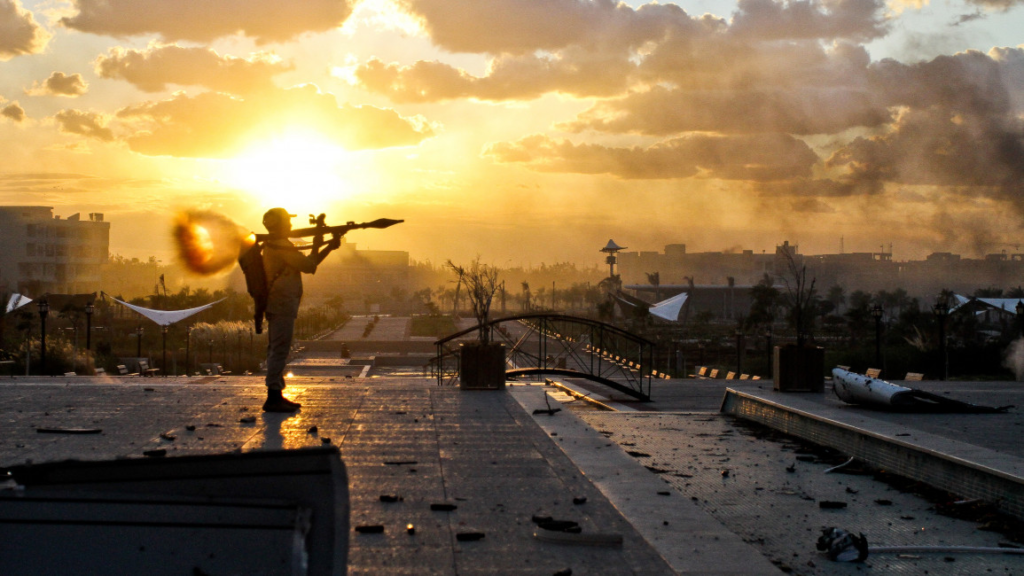A Fragile Ceasefire in Libya: A Step Towards Stability?
A Milestone in the Conflict
The recent agreement between armed groups and authorities in Tripoli, Libya, marks a significant milestone in the country’s ongoing conflict. This fragile ceasefire, reached after months of intense negotiations, offers a glimmer of hope for a nation grappling with instability, violence, and a humanitarian crisis.

A History of Turmoil
Libya has been plagued by civil war and political turmoil since the overthrow of Muammar Gaddafi in 2011. The resulting power vacuum has led to the proliferation of armed groups, each vying for control of the country’s resources and political landscape. The conflict has had devastating consequences, displacing millions of Libyans, destroying infrastructure, and hindering economic development.
A Step Towards Peace
The agreement between armed groups and authorities in Tripoli is a crucial step towards addressing these challenges. By committing to a ceasefire, the parties involved have taken a significant step towards de-escalating violence and creating a more conducive environment for peacebuilding efforts. The agreement also includes provisions for the withdrawal of armed groups from the capital, the disarmament of militias, and the establishment of a unified security force.
Challenges Ahead
However, the road to lasting peace in Libya remains fraught with obstacles. The agreement is a fragile one, and there is a risk of renewed violence if the parties involved fail to honor their commitments. Moreover, the country’s political landscape remains deeply divided, with competing factions vying for power. Reconciling these differences and building a unified government will be essential for ensuring the long-term sustainability of the ceasefire.
Humanitarian Needs
In addition to the political challenges, Libya also faces significant humanitarian needs. Millions of Libyans have been displaced by the conflict, and many are struggling to access basic necessities such as food, water, and healthcare. Addressing these humanitarian needs is essential for creating a stable and prosperous Libya.
The Road Ahead
The agreement between armed groups and authorities in Tripoli is a hopeful sign for the future of Libya. However, it is important to recognize that the road to lasting peace will be long and challenging. The international community must continue to support efforts to consolidate the ceasefire, promote political reconciliation, and address the country’s humanitarian needs.




















